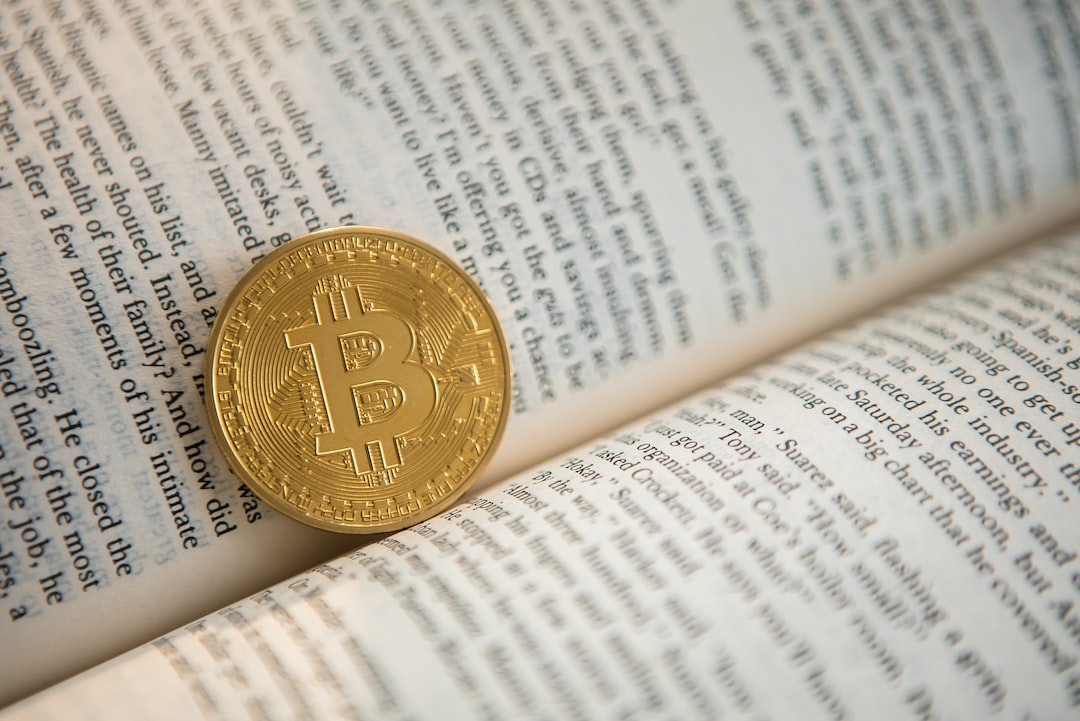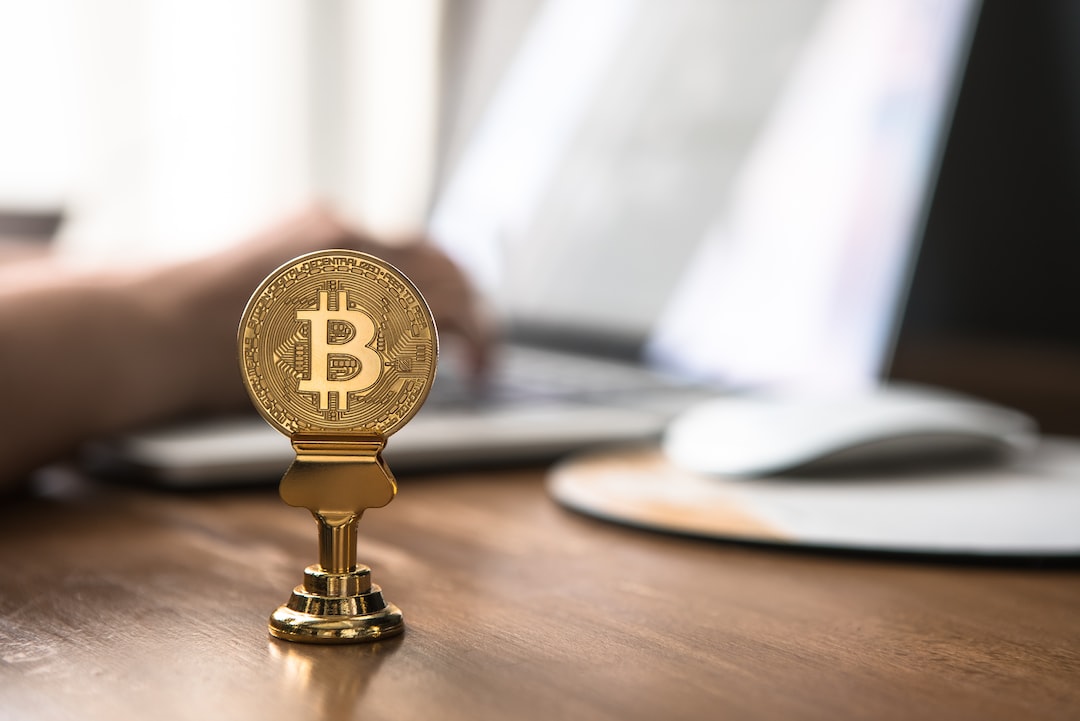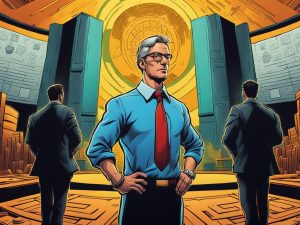Legal Storm Brewing in 2024 over AI and Copyright Law
Artificial intelligence (AI) is revolutionizing industries, but it’s also sparking a legal storm in 2024. U.S. copyright law, which protects intellectual property, is now under scrutiny as lawsuits emerge against tech giants like OpenAI and Meta Platforms.
AI Copyright Cases: Authors, Artists, and More
In 2024, numerous proposed class-action lawsuits have been filed by authors, visual artists, music publishers, and media outlets. Well-known figures such as John Grisham and George R.R. Martin are among those claiming copyright infringement over their works used in AI training.
The legal battles extend to visual artists, music publishers, Getty Images, and even the New York Times. The argument is that tech companies unlawfully reproduce materials without permission, leading to demands for monetary damages and court orders.
Tech Companies’ Defense: Fair Use and AI Learning
Tech companies argue that their AI training is similar to human learning processes and falls under “fair use” in copyright law. They compare AI learning to a child acquiring language skills through exposure.
Furthermore, Andreessen Horowitz warns that imposing copyright liability on AI creators could hinder development. They believe that copyright protection for data handling is crucial for AI advancement.
The Thomson Reuters vs. Ross Intelligence Case
The ongoing lawsuit between Thomson Reuters and Ross Intelligence could be a turning point in AI copyright battles. Ross Intelligence is accused of illegally copying “headnotes” from Thomson Reuters’ legal research platform.
A federal judge ruling that the case must go to trial indicates the significant legal challenges ahead. The outcome may shape the landscape for AI copyright litigation and impact how the industry deals with legal complexities.
The Future of AI and Copyright Law
As the legal arena intensifies, the intersection of AI and copyright law remains complex and uncertain. The outcome of these cases will have far-reaching implications for the AI industry, influencing how technology companies handle intellectual property and data in their pursuit of innovation.
This clash between creators and innovators highlights the evolving dynamics of protecting intellectual property in a tech-driven era.
Hot Take: The Battle Over AI and Copyright Law
The rise of artificial intelligence has brought about a legal storm in 2024, with copyright law facing intense scrutiny. Lawsuits against tech giants like OpenAI and Meta Platforms raise questions about whether AI companies are infringing on a massive scale by training their systems with scraped data from the internet. Renowned figures in the creative industry are claiming copyright infringement over their materials used in AI training. While tech companies argue that their practices fall under fair use, imposing copyright liability on AI creators could hamper development. The ongoing Thomson Reuters vs. Ross Intelligence case sets the stage for a pivotal moment in AI copyright battles, shaping the future of how technology companies handle intellectual property and data in their quest for AI innovation.





 By
By
 By
By
 By
By
 By
By
 By
By